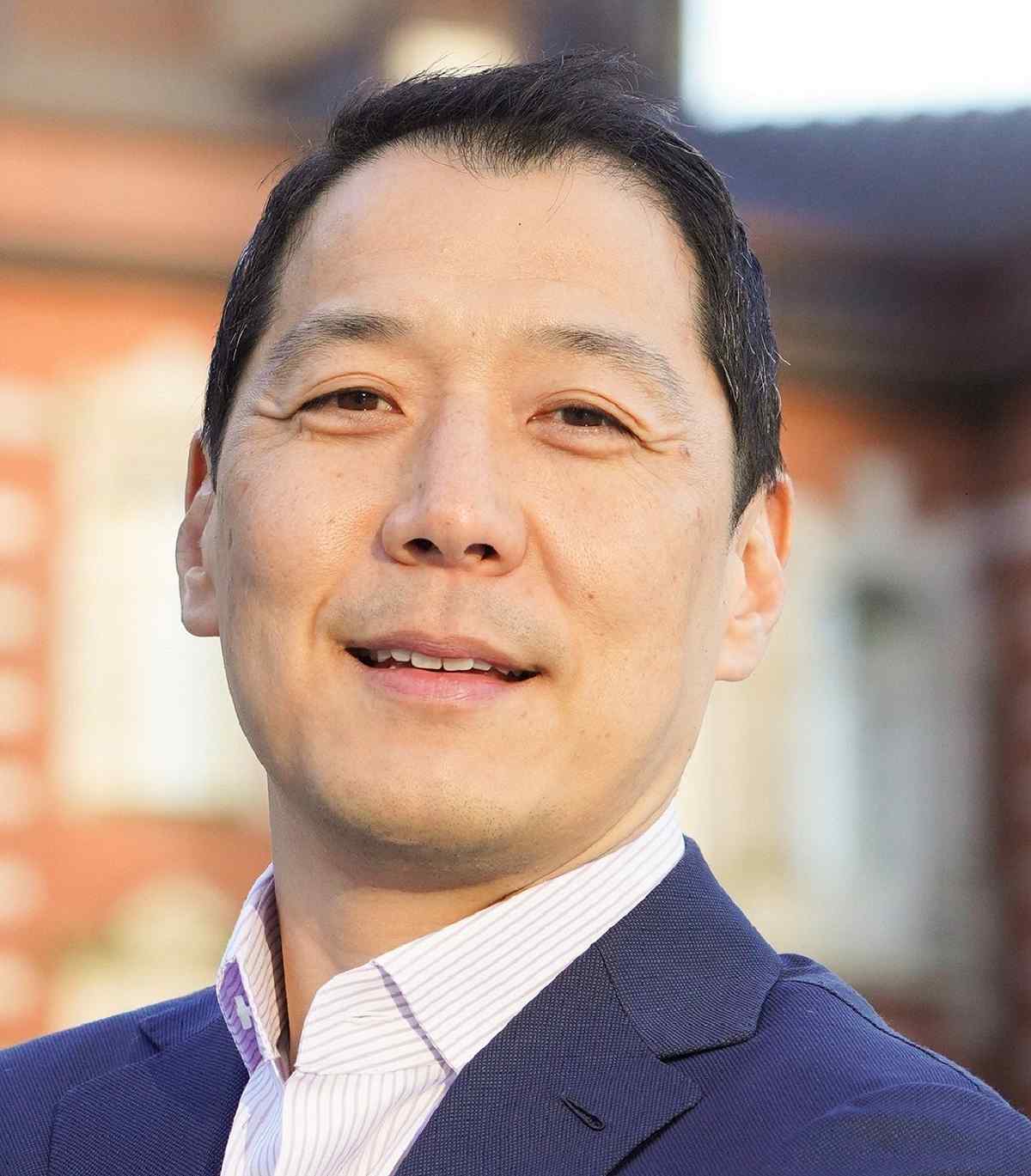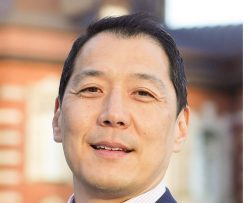
11:00 JST, June 27, 2024
Today’s competitive business landscape requires organizations to maximize human capital in order to win and leverage that for innovation. There is little room for inefficiency or waste. To put it another way, open communication precedes innovation.
I recall a discussion I had with one of the Japanese members on my business team early in his tenure.
I said: “I’m glad you’re speaking up and challenging the idea. Feel free to continue to do so.” He responded with a worried look on his face and said: “Please don’t misunderstand. I wasn’t challenging.”
I put him at ease, saying that he should not worry, and that challenging is a good thing in an American business context, if done correctly.
The topic of challenging the status quo and questioning ideas at work is one that has interested me over the years. I learned early on in my leadership journey that high-performing teams have a culture of open discussion and debate. The reason is because a team is more likely to be successful if it fully taps into the brainpower of everyone, as opposed to only those with the most senior titles or the loudest voices.
It’s particularly interesting to examine this topic in the context of a Japanese or Asian workplace culture, in which there is a strong premium placed on hierarchy, respect, age and harmony. In a Sloan MIT Management Review article titled “The Truth About Hierarchy” by Bret Sanner and J. Stuart Bunderson, the authors point to a growing body of research that suggests “the right kind of hierarchy can help teams become better innovators and learners.”
What exactly does the “right kind of hierarchy” mean? In hierarchical and high-respect cultures, such as in Japan, we must employ tools and put the mechanisms in place to allow for innovation, which requires strong discussion and debate.
What this will exactly look like can vary from culture to culture and team to team. In Japan, I use two simple tactics to achieve open communication. First, I constantly encourage my team to voice their thoughts, debate ideas, take risks and even challenge my thinking and that of others within our company.
Second, when someone on the team does respectfully question something, I often encourage them and point out that I appreciate the debate. I believe it is important to let them know they are in a safe place. To further reinforce this culture of open dialogue, I highlight those who display model behavior and publicly praise good examples.
For instance, a leader of a company I used to work at shared with me that one of the Japanese team members had voiced their opinion on a global call.
He said: “I loved how he [the Japanese team member] was publicly challenging the presenter’s thinking and assumptions and wasn’t letting him off the hook easily. I was impressed with how he pushed the conversation and didn’t back off.”
I shared the positive feedback with this team member, and we had a good discussion on how this type of behavior is exemplified as commendable behavior in an American business context.
The best ideas and actions often do not come from the top. We need a shift in workplace culture to one that draws out the best ideas and innovations from every employee and maximizes each contributor’s intellectual horsepower. Personally, I can attest that, on many occasions, the ideas from the people on my team have been better than mine. We would be at a loss if they did not take the initiative to share them.
I absolutely love doing business in Japan and want to see the country be a global innovation leader again. I believe it is important for the world — from a geopolitical and regional security perspective — to have Japan be strong and thriving.
From my humble perspective as an American doing business in Japan, there is some food for thought for Japanese leaders. In today’s fast-paced, global, complex and intensely competitive economy, I don’t think an organization can win in the long-term without tenaciously pursuing innovation, which requires a culture of open communication and debate. The responsibility of business leaders in a hierarchical and high-respect environment could then shift to ensure that the mechanisms and tools are in place to achieve fluid communication of ideas.
Japanese companies do not need to become like Western companies. However, there are mechanisms or tools that can be put in place to help Japanese companies adopt open communication practices. One practice could be to have a designated time and place where it is safe to have a discussion on ideas and challenge information without any personal or career risks.
The emphasis placed on hierarchy and respect in Asian cultures is a beautiful thing. Hierarchy can be an asset when applied well. As with any system, one must be aware of the potential pitfalls and manage the risks accordingly.
***
This article was originally published in April 2024 on the website of Gradient Consulting, a consultancy the author founded. It has been revised by himself for The Japan News.
Mike Kim is the founder of Gradient Consulting, a consultancy specializing in accelerating the Japan and Asia business for AI technology companies and startups. He has over 20 years of experience across nine countries in the Asia Pacific region and is based in Tokyo.
Top Articles in Editorial & Columns
-

Riku-Ryu Pair Wins Gold Medal: Their Strong Bond Leads to Major Comeback Victory
-

40 Million Foreign Visitors to Japan: Urgent Measures Should Be Implemented to Tackle Overtourism
-

China Provoked Takaichi into Risky Move of Dissolving House of Representatives, But It’s a Gamble She Just Might Win
-

University of Tokyo Professor Arrested: Serious Lack of Ethical Sense, Failure of Institutional Governance
-

Policy Measures on Foreign Nationals: How Should Stricter Regulations and Coexistence Be Balanced?
JN ACCESS RANKING
-

Japan PM Takaichi’s Cabinet Resigns en Masse
-

Japan Institute to Use Domestic Commercial Optical Lattice Clock to Set Japan Standard Time
-

Israeli Ambassador to Japan Speaks about Japan’s Role in the Reconstruction of Gaza
-

Man Infected with Measles Reportedly Dined at Restaurant in Tokyo Station
-

Videos Plagiarized, Reposted with False Subtitles Claiming ‘Ryukyu Belongs to China’; Anti-China False Information Also Posted in Japan
























